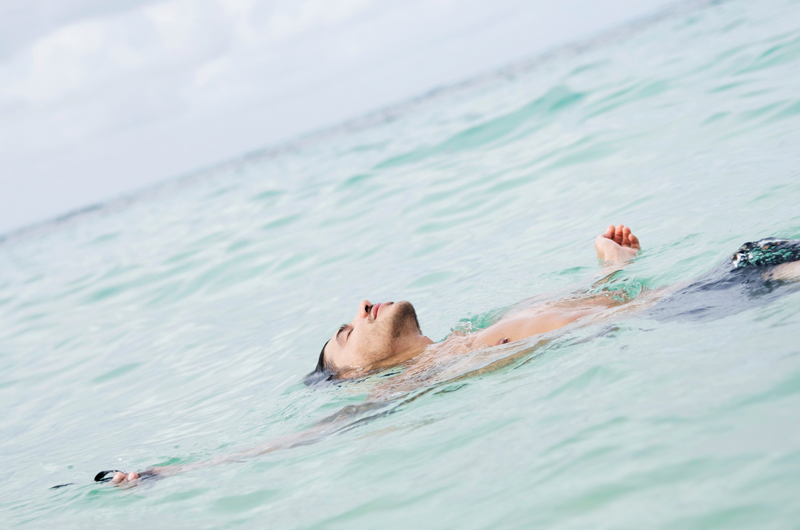There are around 68,000 billing codes under the ICD-10 medical coding system compared to 13,000 codes under ICD-9. This massive expansion of diagnostic codes is intended to smooth billing processes and reduce the cost for the healthcare delivery system. However, the hyper-specific ICD-10 codes now help providers report very unusual medical injuries such as those that occur at sea and on other water bodies. You can find specific codes in the ICD-10 system to report such casualties.
Medical emergencies at sea or while on other water bodies are very challenging due to limitations of time, speed and distance involved in seeking and receiving outside medical help. The services that you provide on land within minutes can take hours in case of emergencies on a water body. The challenge is not only obtaining sufficient knowledge of emergency care, but also having useful equipment while attending an emergency.
In ICD-10 medical billing and coding, codes specifying the medical emergencies at sea or any other water body must be appropriately reported on the medical claims.
At sea, there would be temporary healthcare facilities such as hospital ships (floating ships), walk-in care clinic in cruise ships or simply a cabin with doctors and nurses trained in emergency medicine. Though the level of care provided at these facilities may not be that much effective for the patients, immediate care during medical emergencies is very significant, especially on board. This will also have a great impact on follow-up care on land. When it comes to medical billing, the Centers of Medicare and Medicaid Services (CMS) has a place of service (POS) code to specify temporary lodging where healthcare services were rendered.
| Place of Service Code | Place of Service Name | Place of Service Description |
| 16 | Temporary Lodging | A short term accommodation such as a hotel, camp ground, hostel, cruise ship or resort where the patient receives care, and which is not identified by any other POS |
Depending upon the reimbursement policies of individual payers, you can use this code on your medical claims.
The ICD-10 coding system provides a number of codes to specify specific medical injuries and encounters at sea and other water bodies. Some of them are given below.
- W56.22: Struck by orca
- W56.22XA: Struck by orca, initial encounter
- W56.22XD: Struck by orca, subsequent encounter
- W56.22XS: Struck by orca, sequela
- W56.32: Struck by other marine mammals
- W56.32XA: Struck by other marine mammals, initial encounter
- W56.32XD: Struck by other marine mammals, subsequent encounter
- W56.32XS: Struck by other marine mammals, sequela
- W56.11: Bitten by sea lion
- W56.11XA: Bitten by sea lion, initial encounter
- W56.11XD: Bitten by sea lion, subsequent encounter
- W56.11XS: Bitten by sea lion, sequela
- V91.07: Burn due to water-skis on fire
- V91.07XA: Burn due to water-skis on fire, initial encounter
- V91.07XD: Burn due to water-skis on fire, subsequent encounter
- V91.07XS: Burn due to water-skis on fire, sequela
- V91.35: Hit or struck by falling object due to accident to canoe or kayak
- V91.35XA: Hit or struck by falling object due to accident to canoe or kayak, initial encounter
- V91.35XD: Hit or struck by falling object due to accident to canoe or kayak, subsequent encounter
- V91.35XS: Hit or struck by falling object due to accident to canoe or kayak, sequela
- V94.810: Civilian watercraft involved in water transport accident with military watercraft
- V94.810A: Civilian watercraft involved in water transport accident with military watercraft, initial encounter
- V94.810D: Civilian watercraft involved in water transport accident with military watercraft, subsequent encounter
- V94.810S: Civilian watercraft involved in water transport accident with military watercraft, sequela
As these are unique codes under ICD-10, considerable expertise is required when reporting these on medical claims. A good option is to obtain support from medical coding professionals well-trained in ICD-10 coding.




